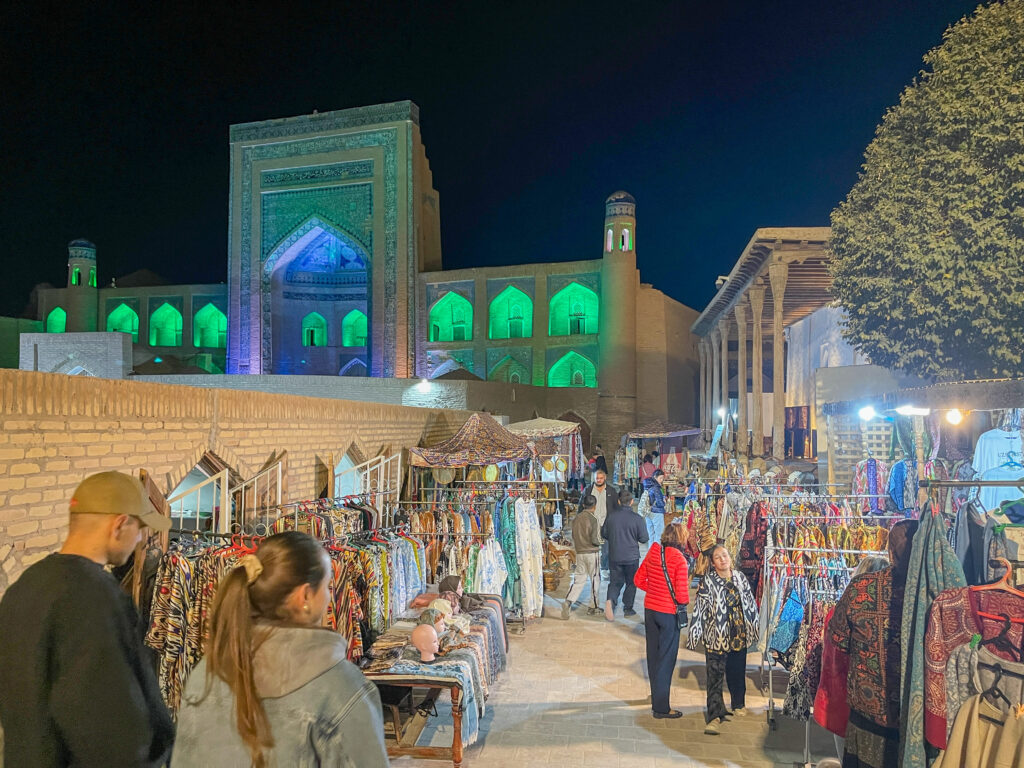Uzbekistan – a country between Soviet heritage and market economy
Impressions from a “joie de vivre” trip in October 2025
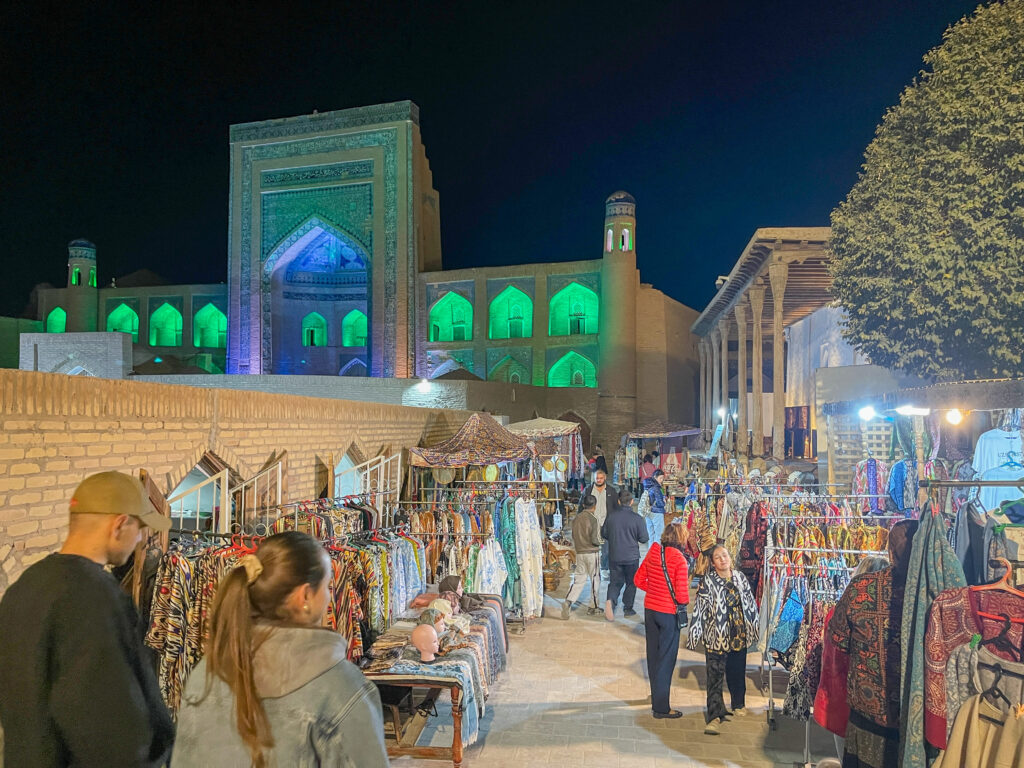
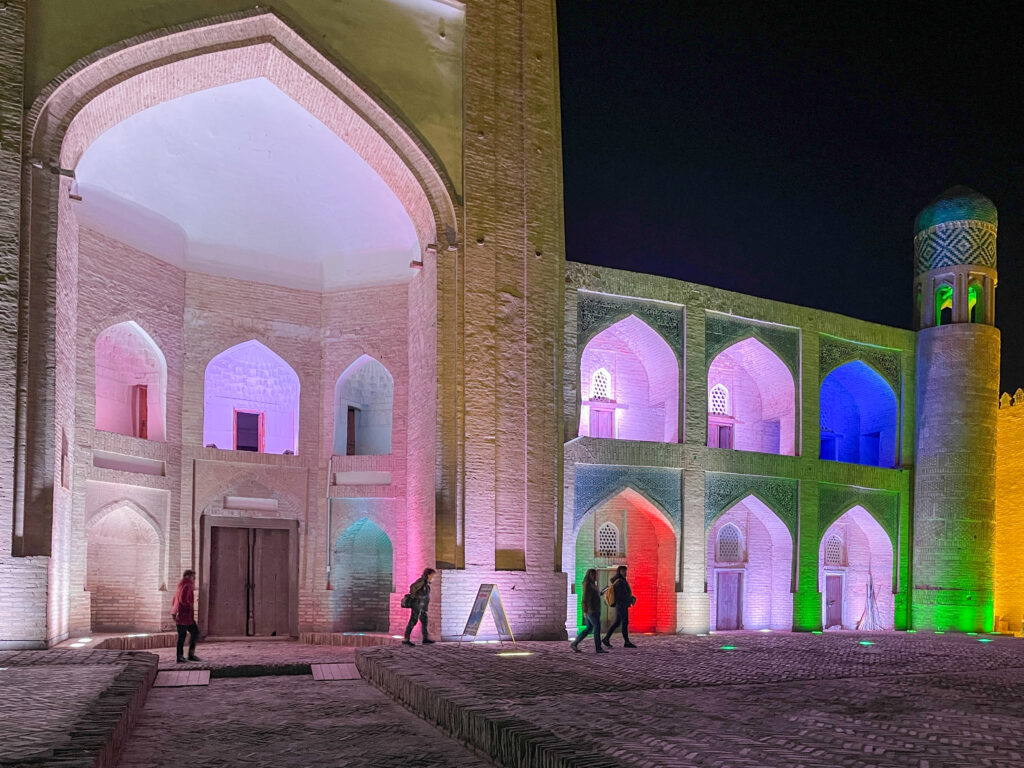
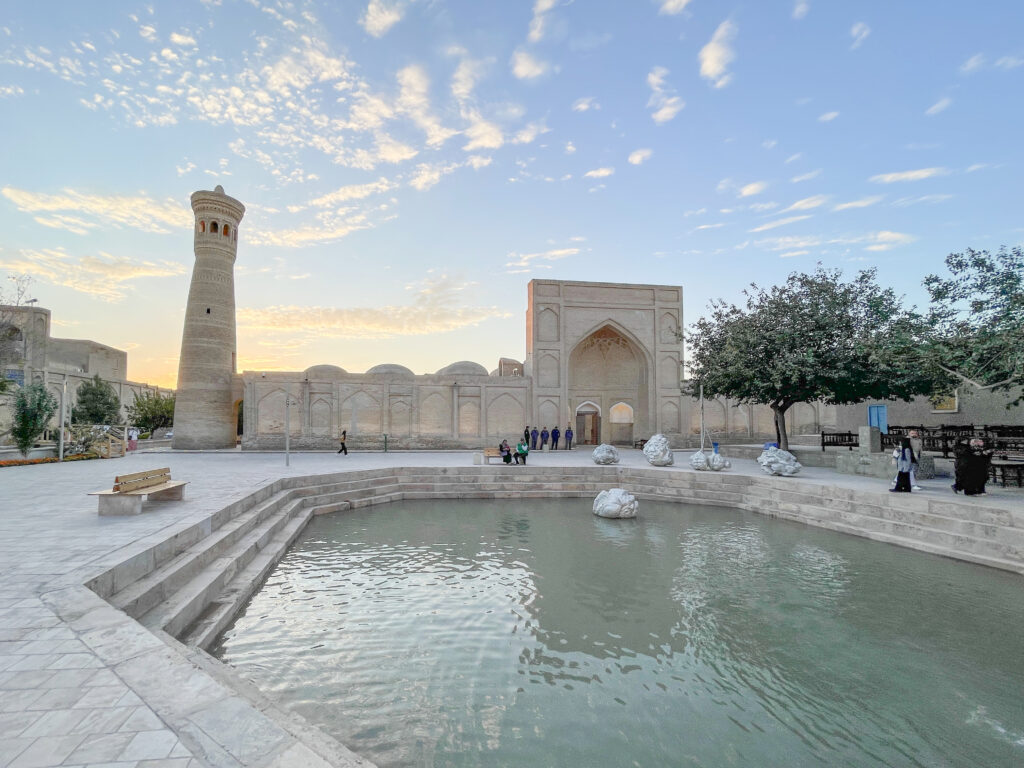
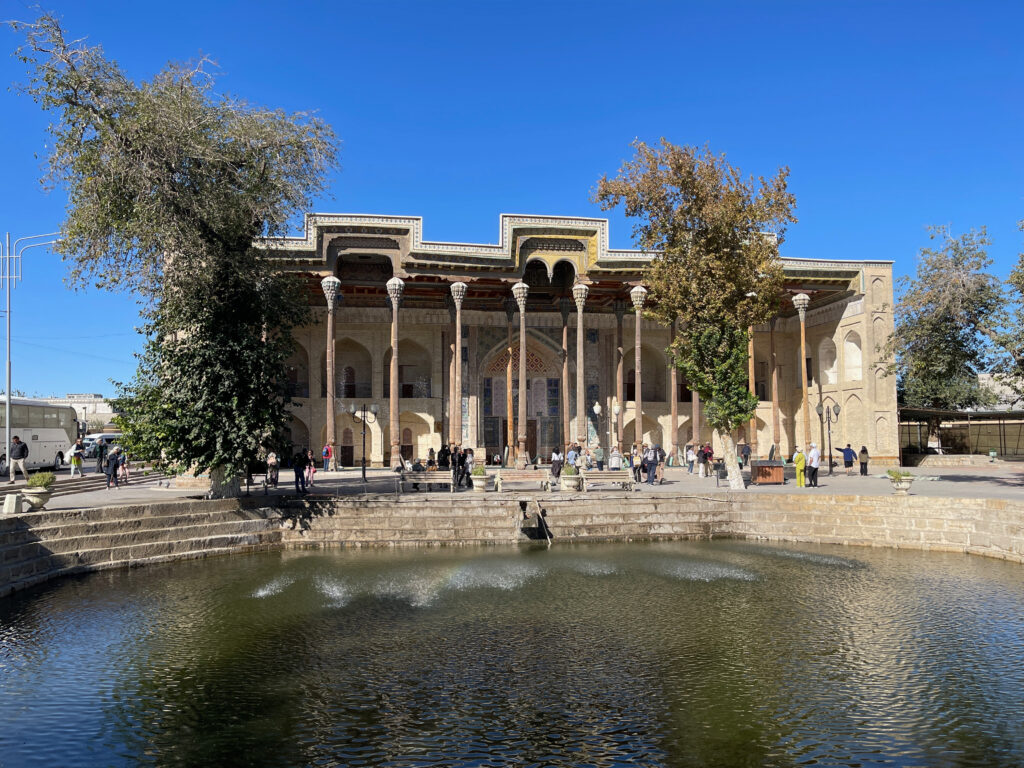
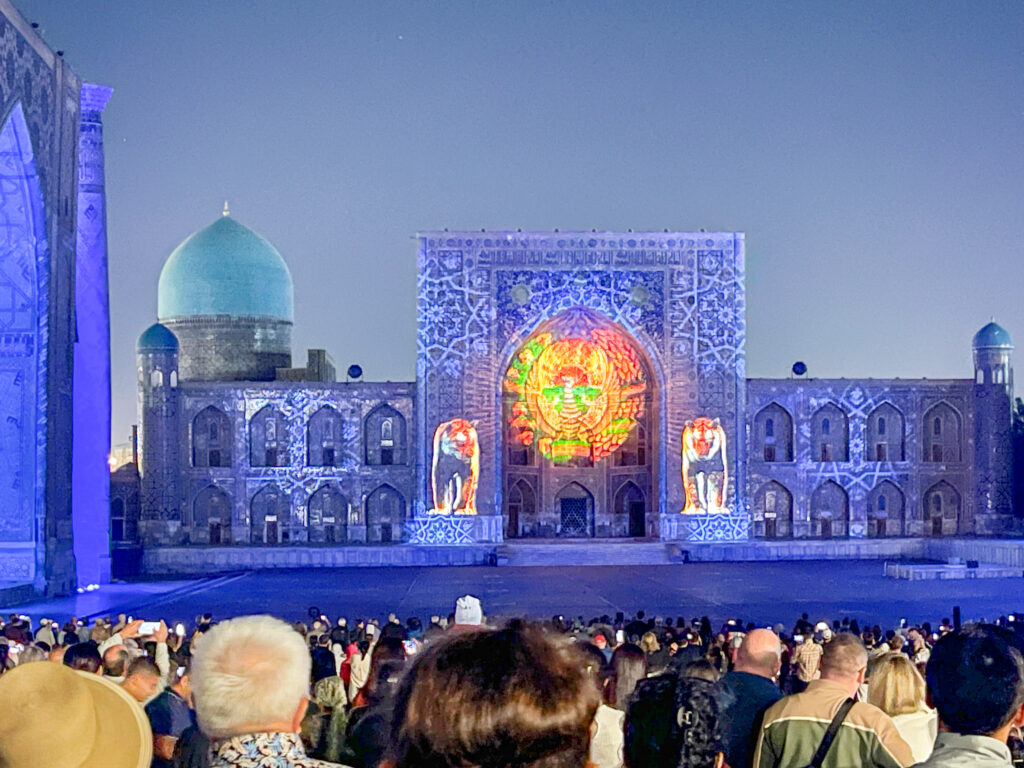
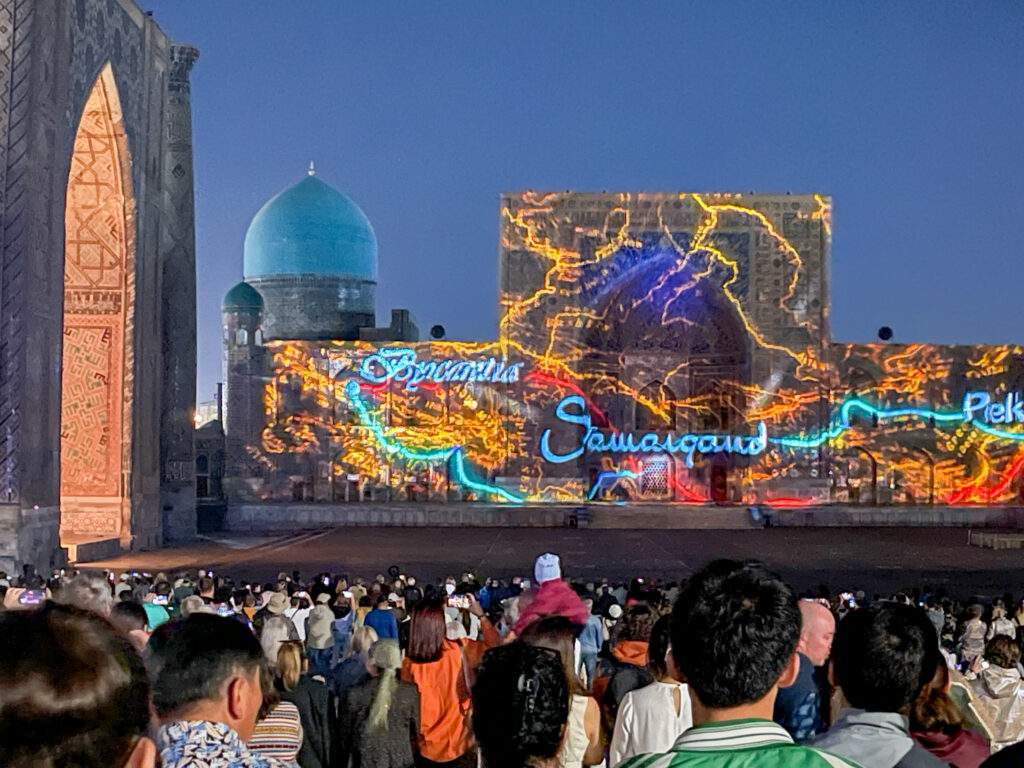
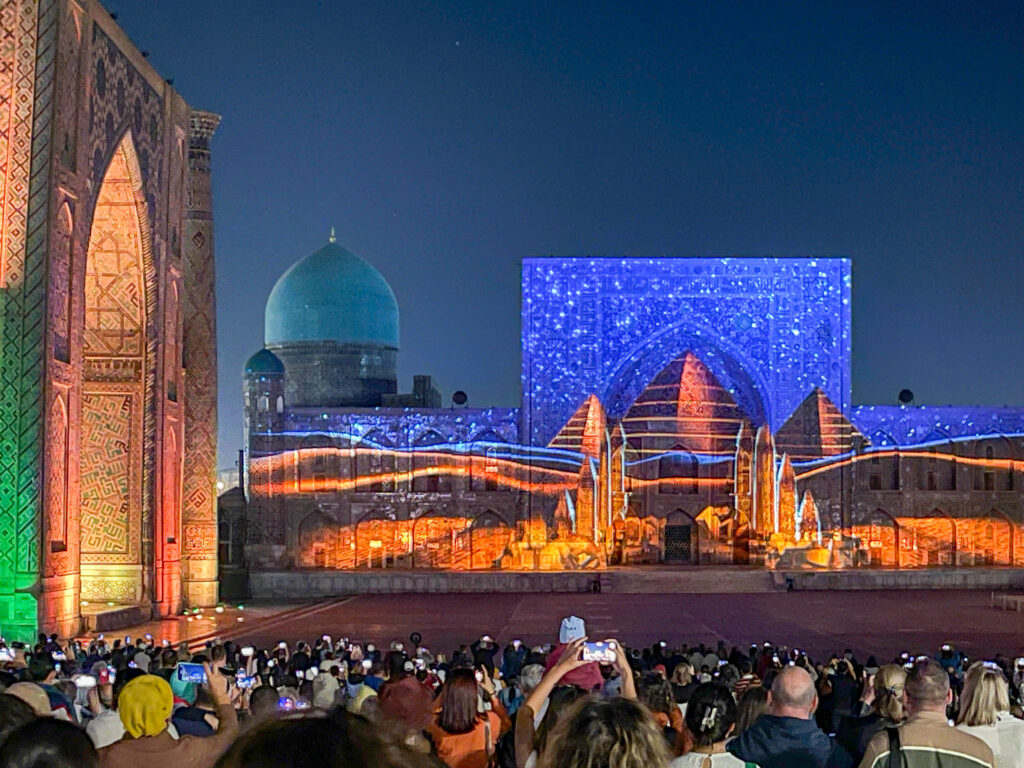
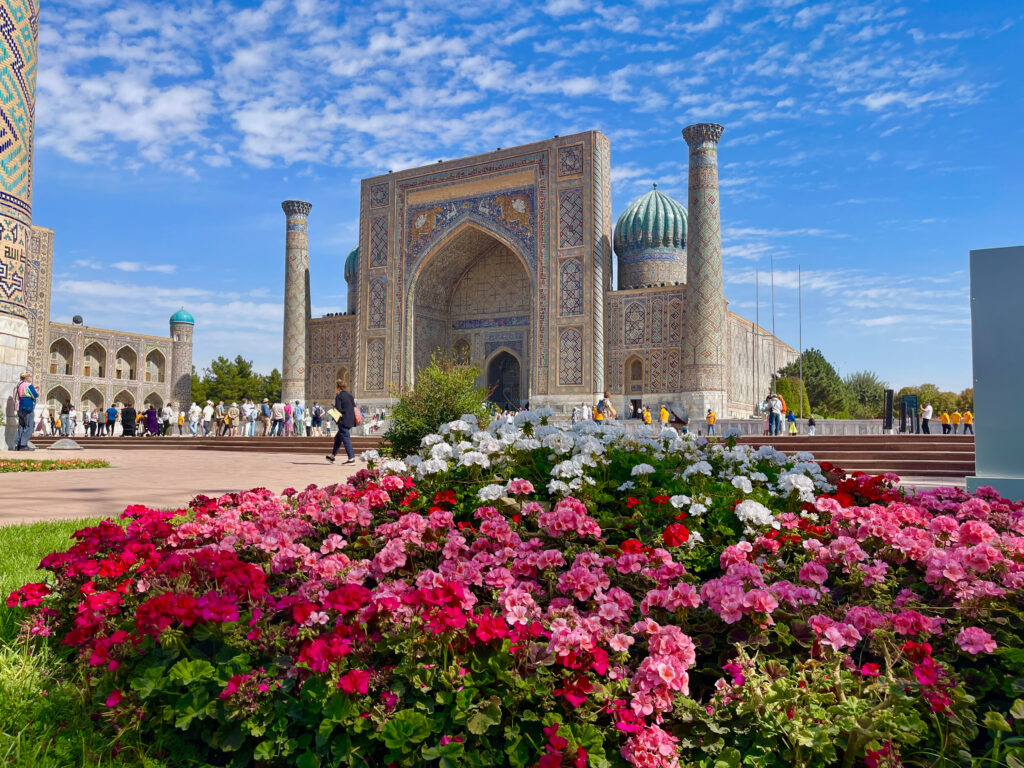
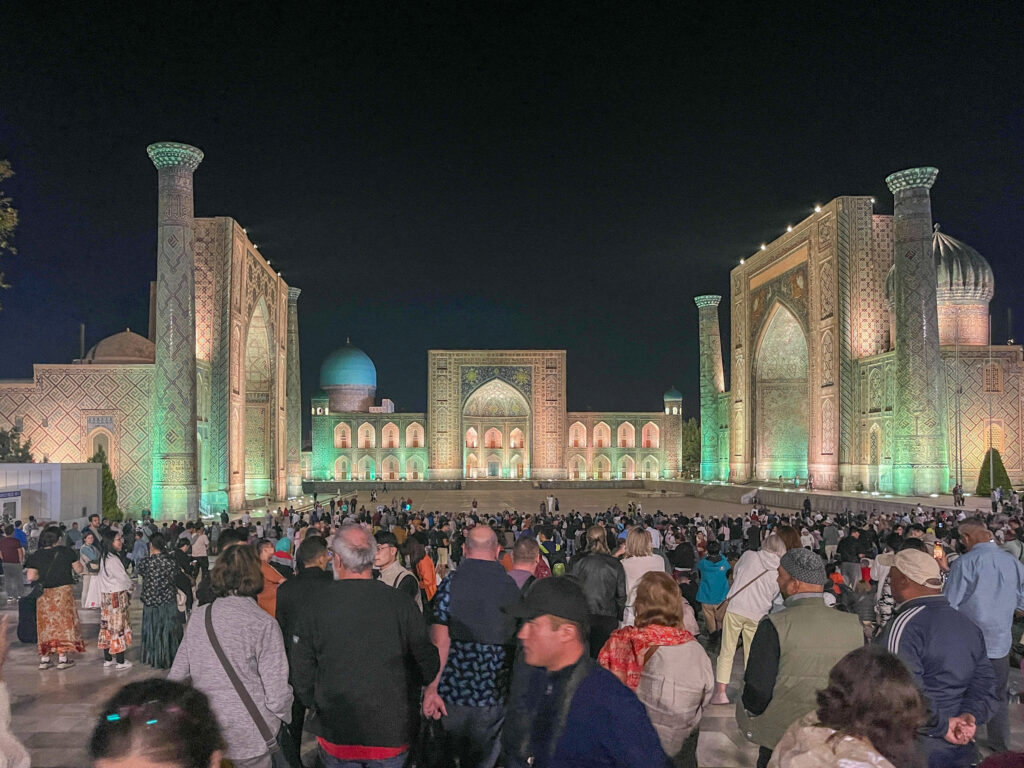
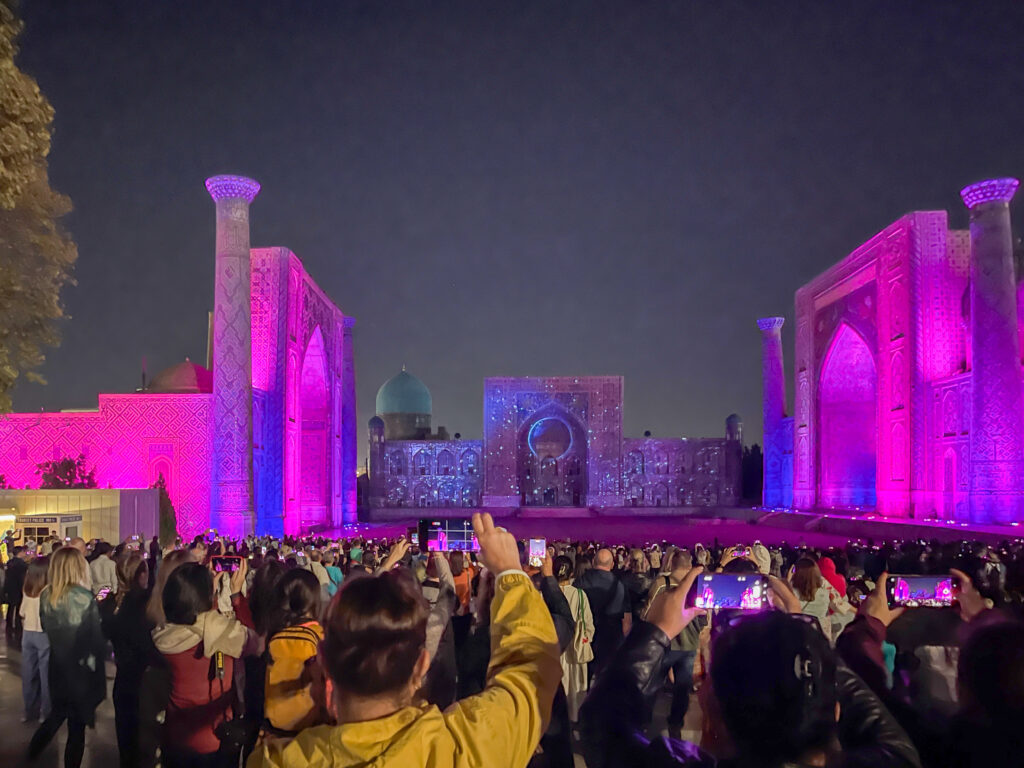
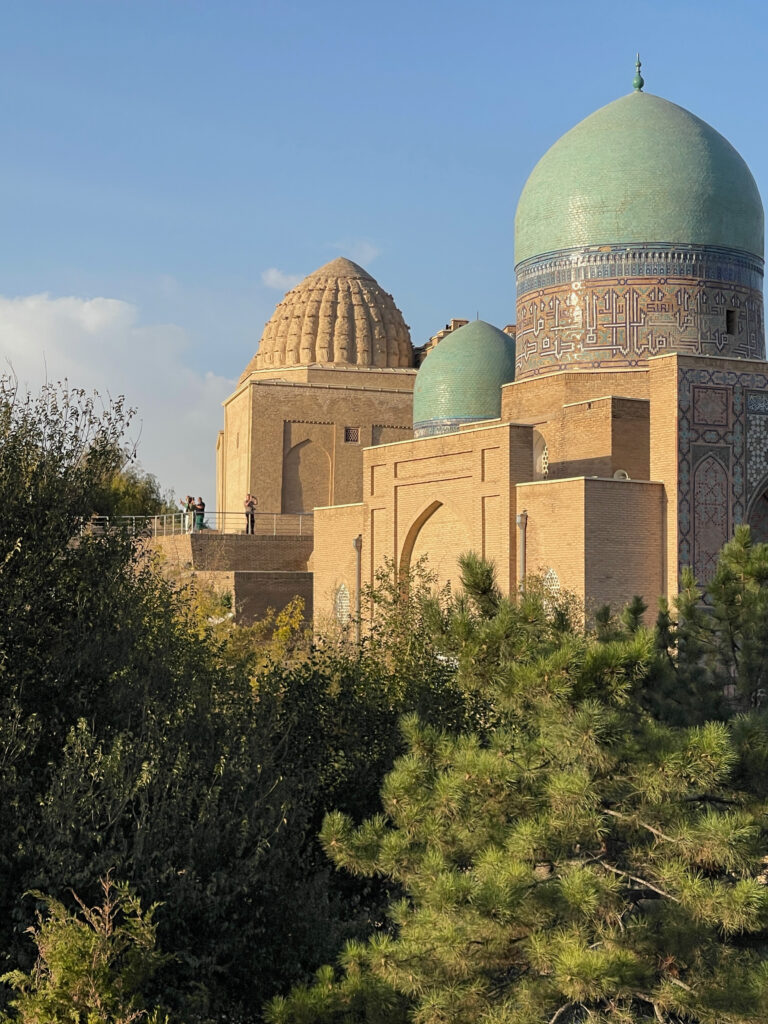
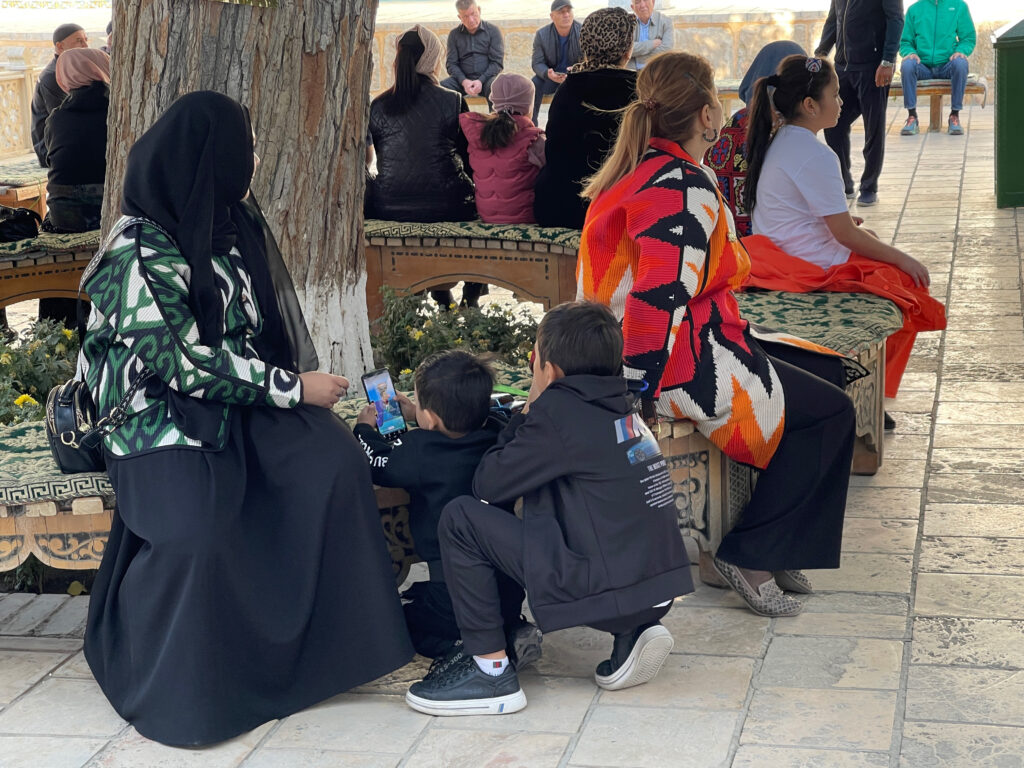
A first impression of our visit: Tashkent, the capital, makes a very clean impression, as do the cities of Samarkand, Bukhara and Xiva. The people make a contented impression and somehow seem proud of their independence. Most of them belong to the Muslim faith community, and the women wear Muslim clothing without full veils. Huge mosques and minarets tower over the towns and settlements.
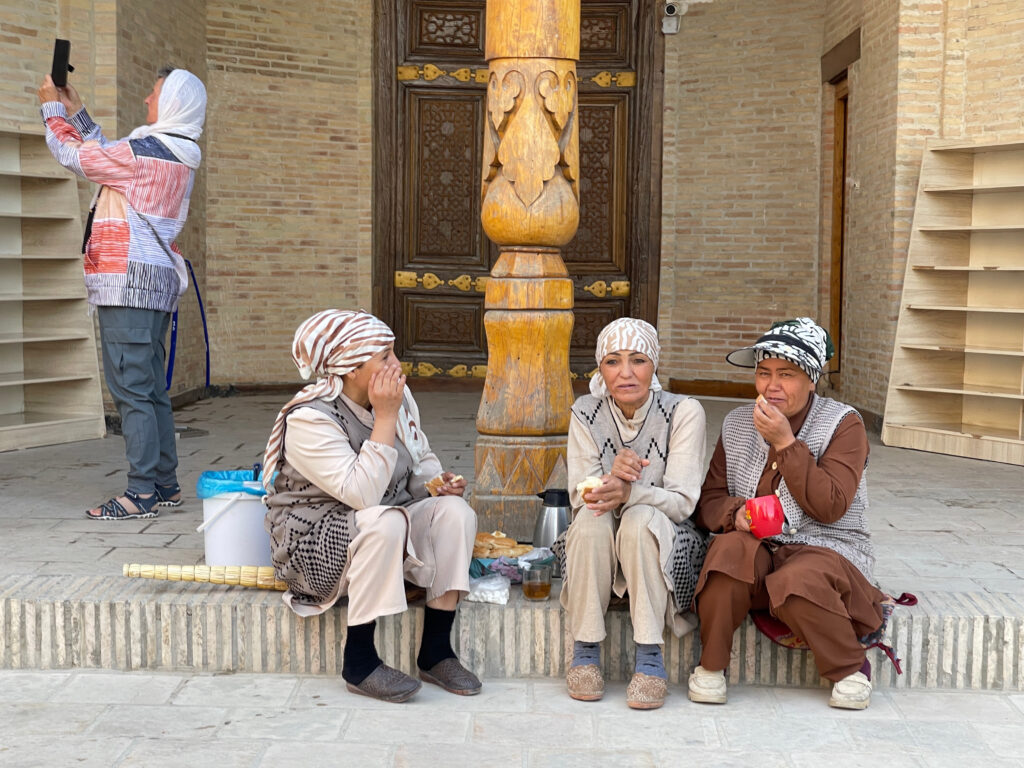
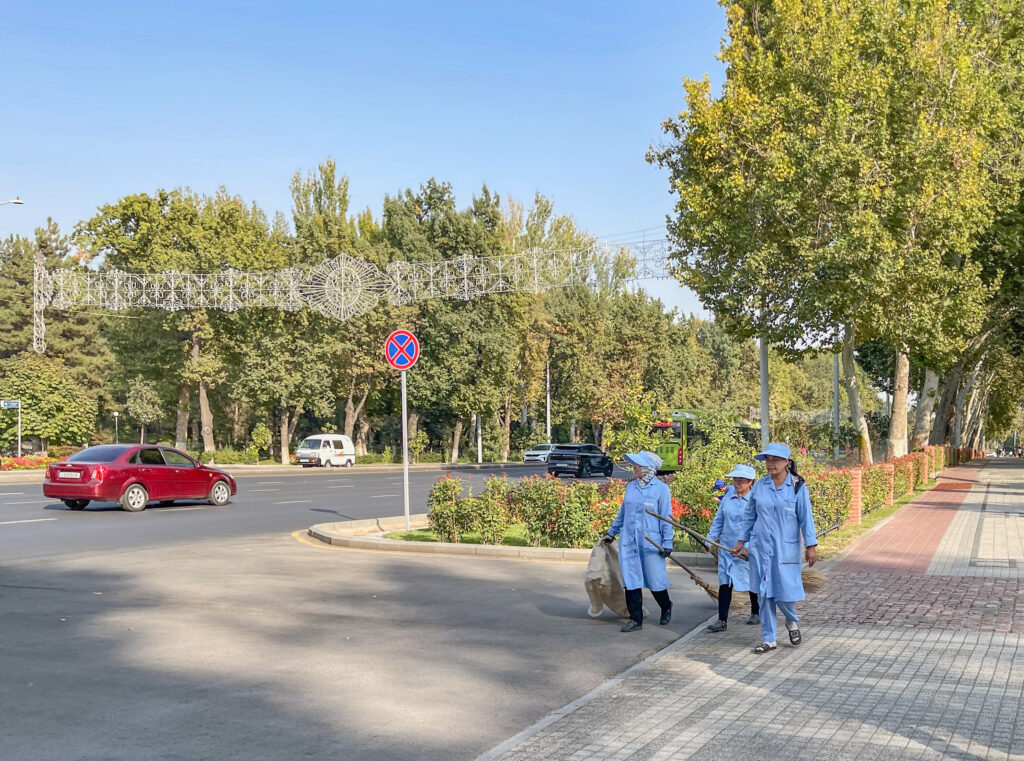
The high proportion of young people in the population is striking; 80 percent are said to be under the age of 25. On public transport, older people are readily offered seats – it is considered impolite not to accept them. Tipping is also generally refused in restaurants. The people are proud when foreigners visit them, they are very friendly and like to have their picture taken.
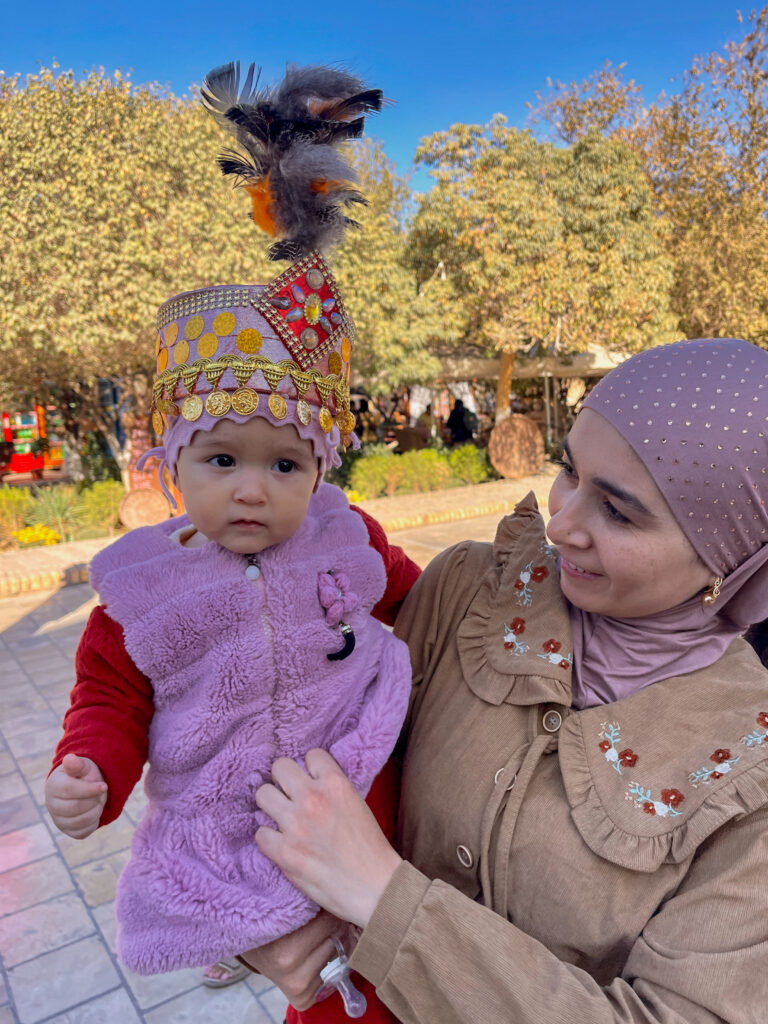
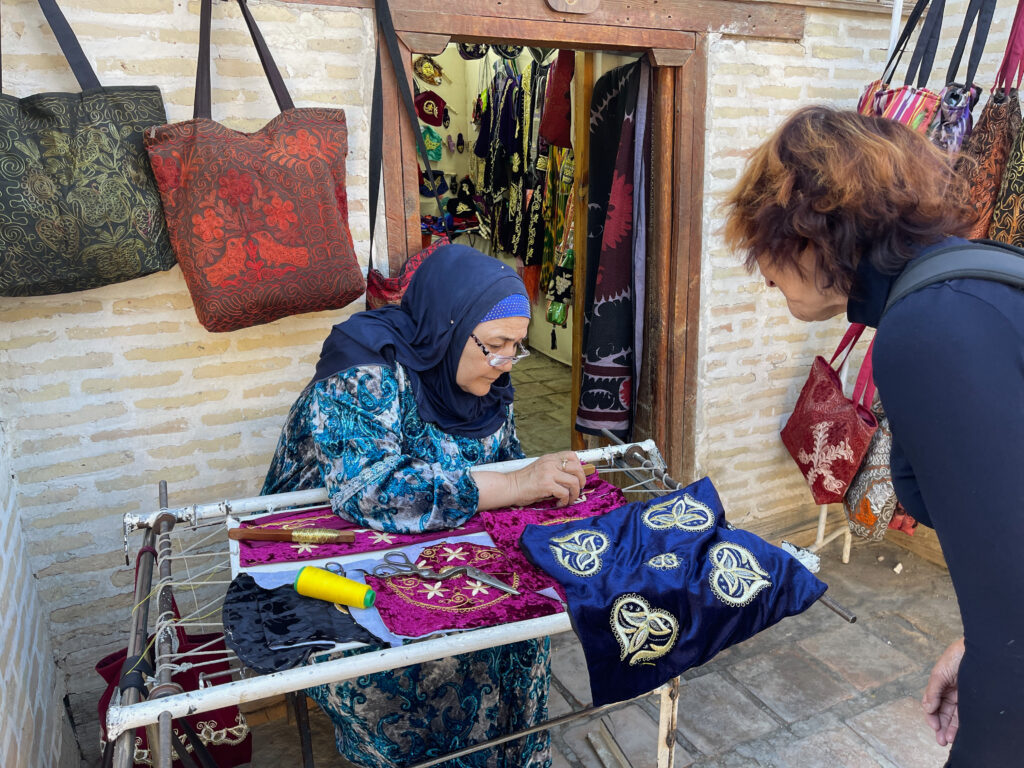
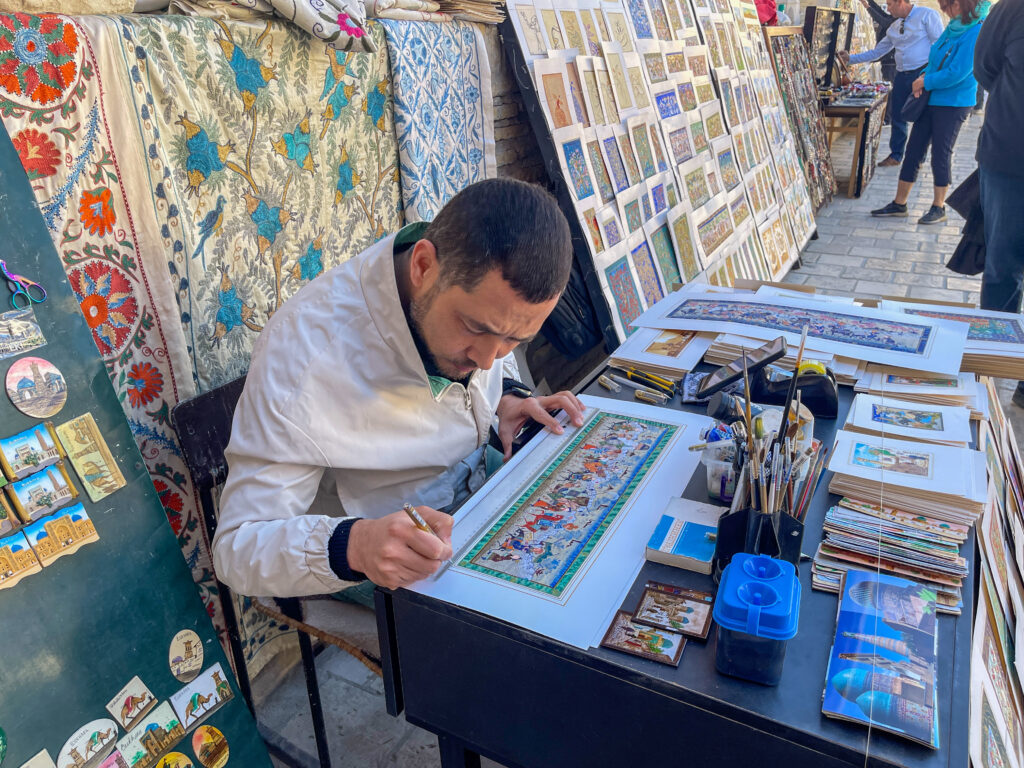
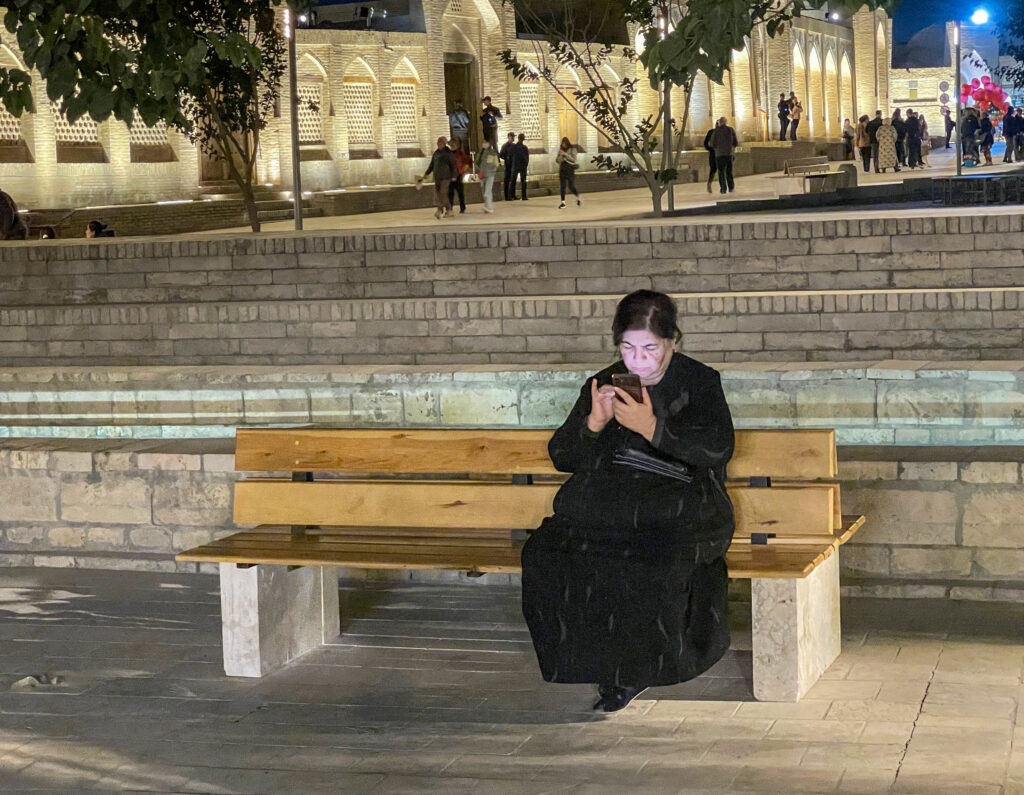

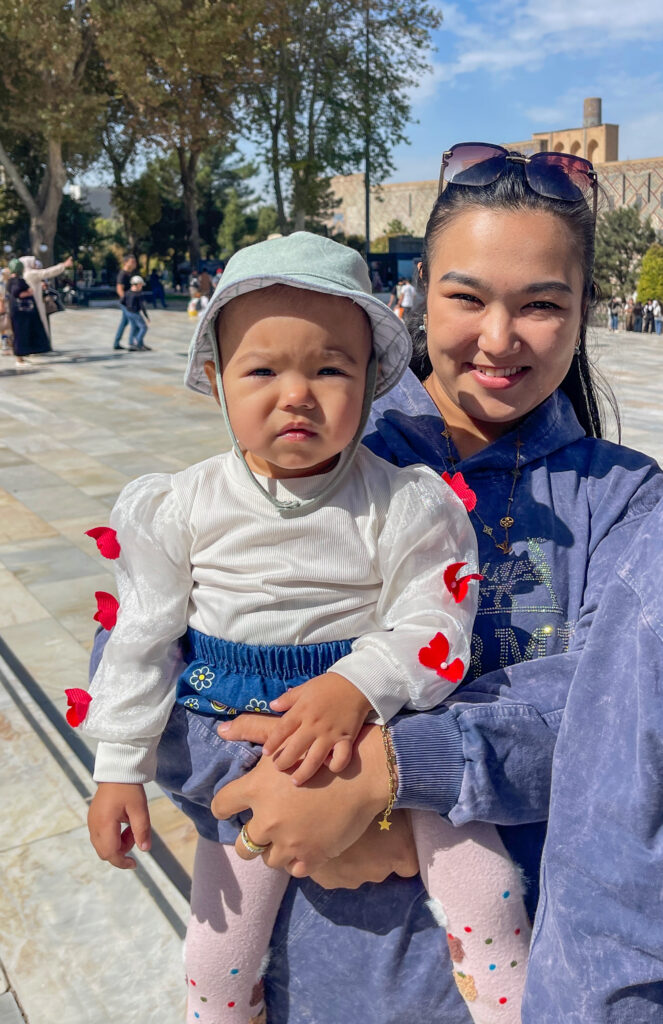
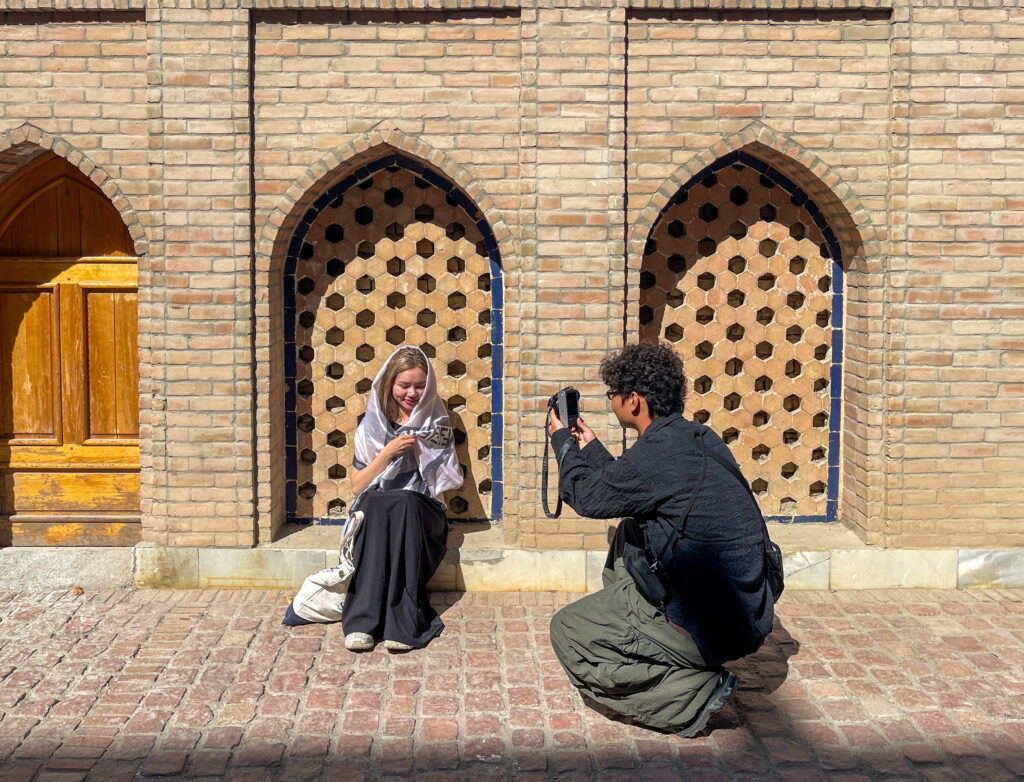
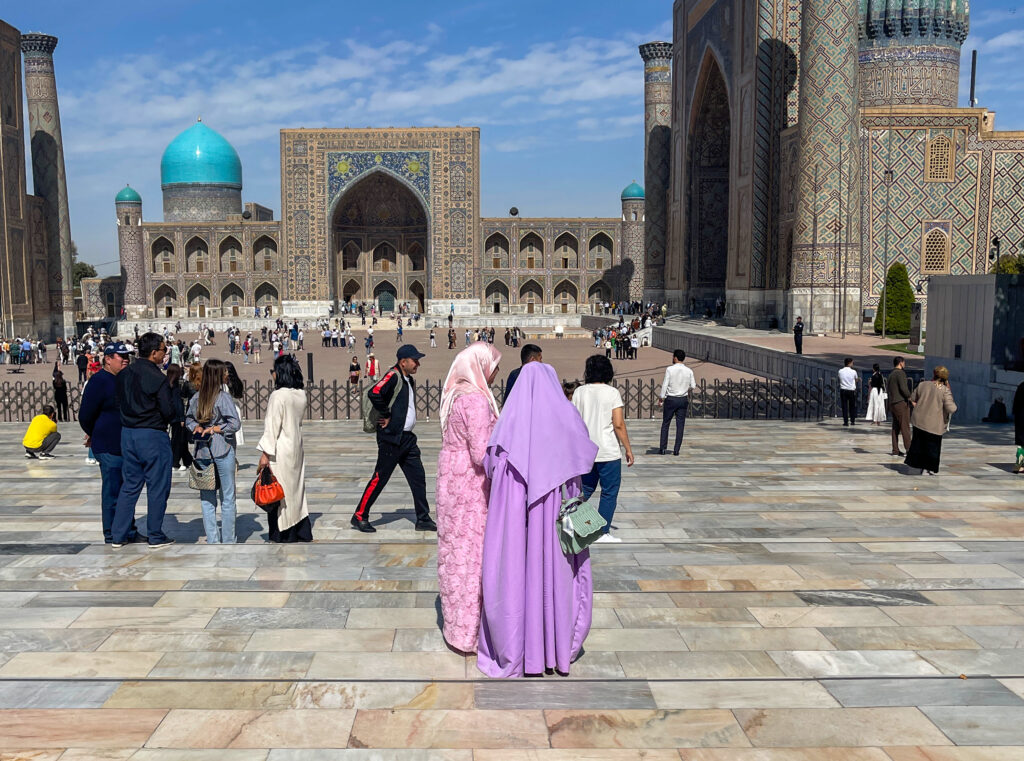
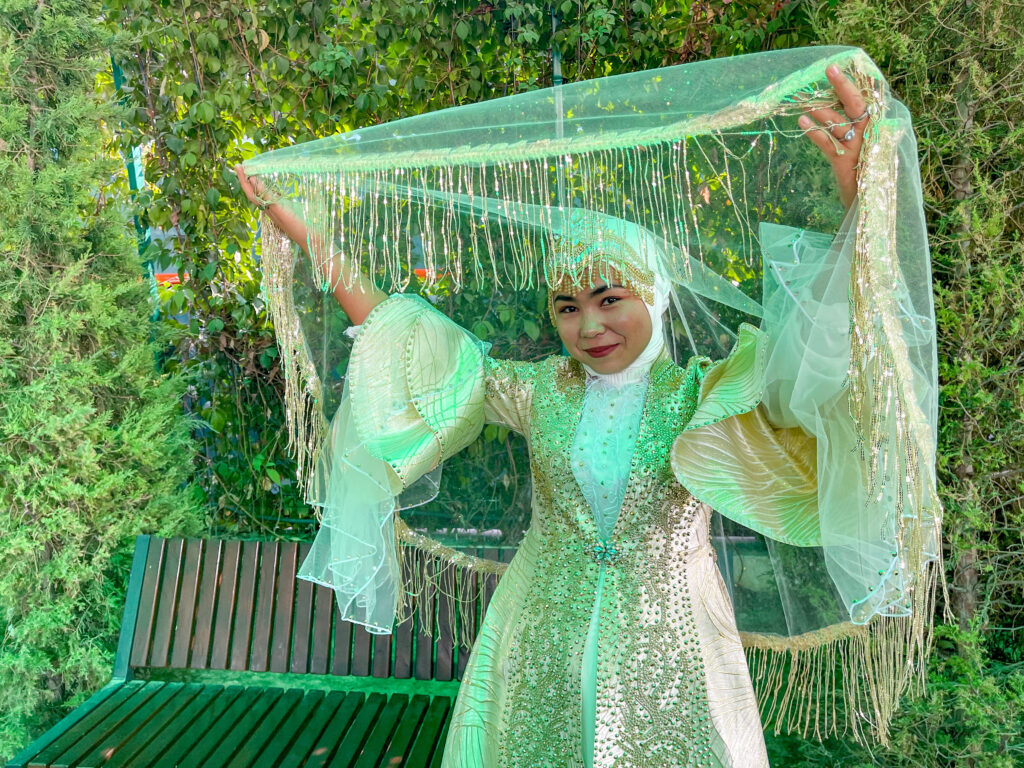
A second visitor’s impression: despite all the progress in construction and infrastructure, there are still many remnants of the Soviet era to be seen. Dilapidated roads, an overburdened sewage system, poor drinking water quality and an open sewage system along the roads – without a cover grid. For German building authorities, this would certainly be a reason to install railings and warning signs everywhere – the Uzbeks know about the dangers, but not the tourist getting off the bus, whose gaze first wanders into the distance instead of to the ground in front of him! But the bus driver and tour guide never tire of warning us about this.
Optimism prevails in the country: “In 35 years of independence, we haven’t been able to do everything yet. We still need some time!” The country supplies natural gas to neighbouring countries, a pipeline to China is currently being built and the income from exports will gradually flow into the further modernization of the country. Natural gas is also the “gasoline” for the numerous cars that are increasingly populating the roads, mostly from the Chevrolet brand produced in the country. The country’s largest car plant is located in Asaka. Practically all new cars registered in Uzbekistan are produced there. The factory was founded in 2001 as a cooperation between the South Korean car manufacturer Daewoo and the state-owned company Uzavtosanoat (©Wikipedia).
Another problem is climate change: in 2025, it last rained briefly across the board in May. The tributaries of the Aral Sea have hardly any water left hundreds of kilometers before they reach the mouth, and nothing reaches the lake. The wind in the almost forest-less country, characterized by desert (Kysylkum) and steppe, makes the few trees in the cityscape appear dusty. Cotton production, which once dominated the region, has declined significantly – drinking water has become a precious commodity.
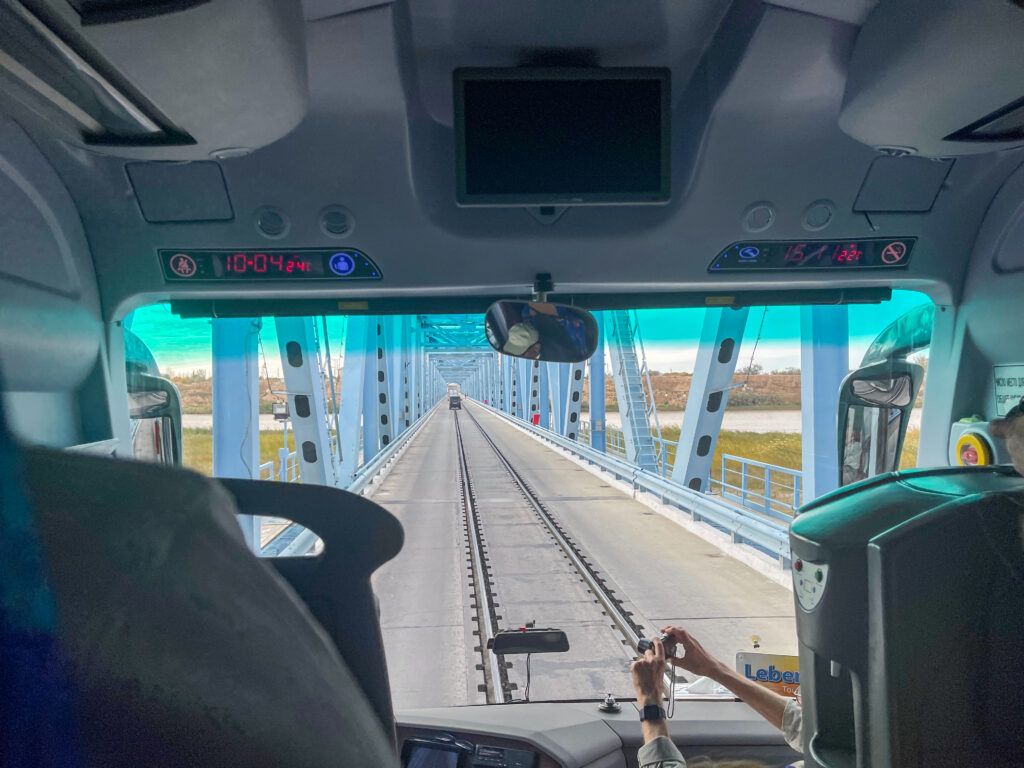
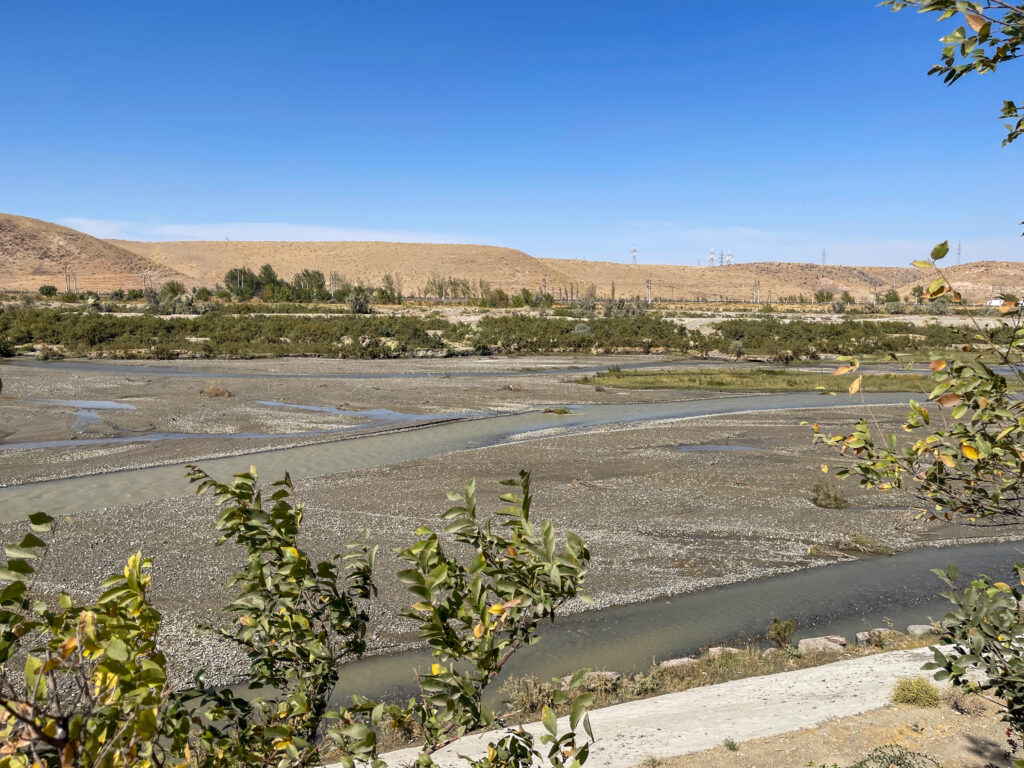
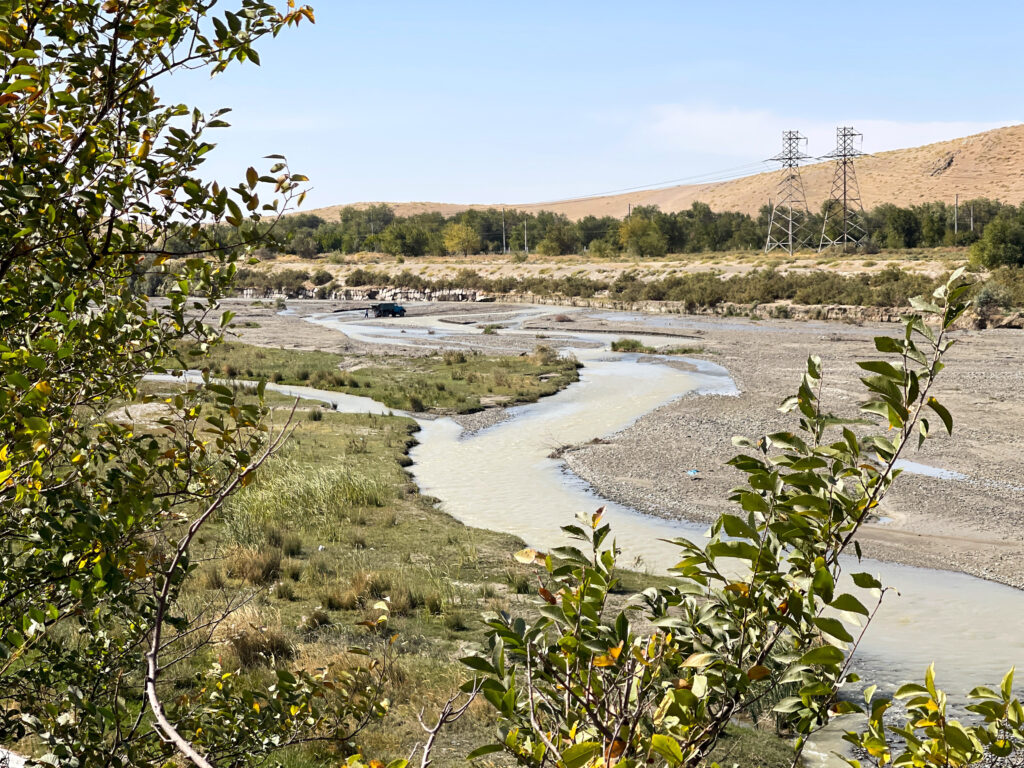
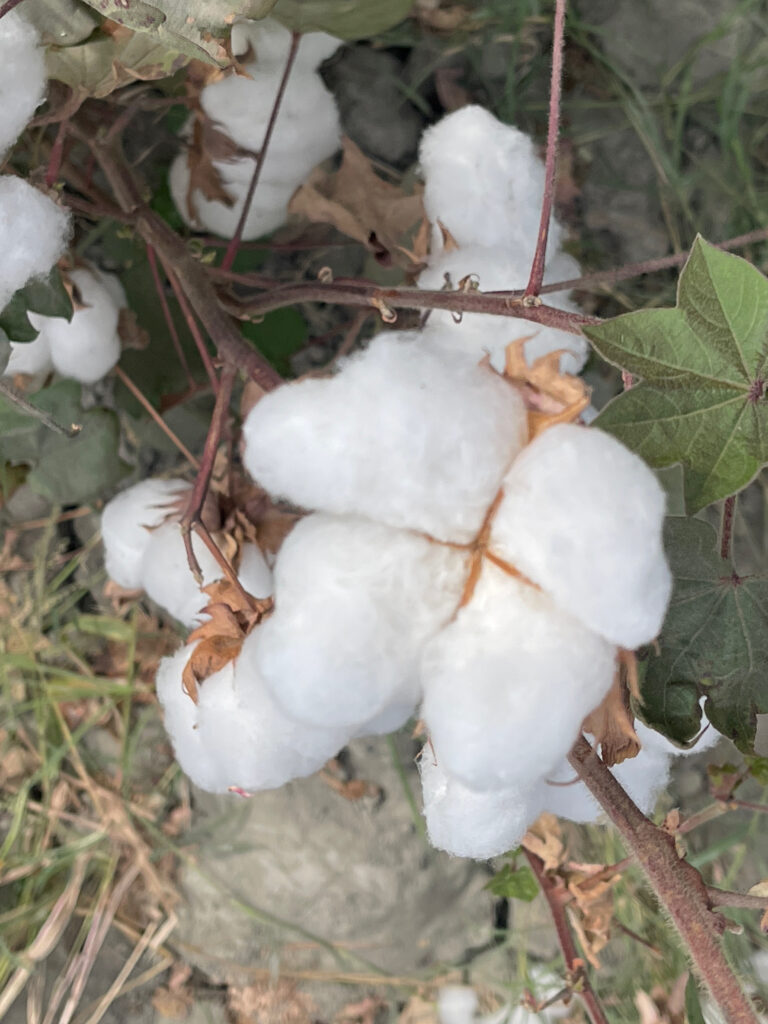
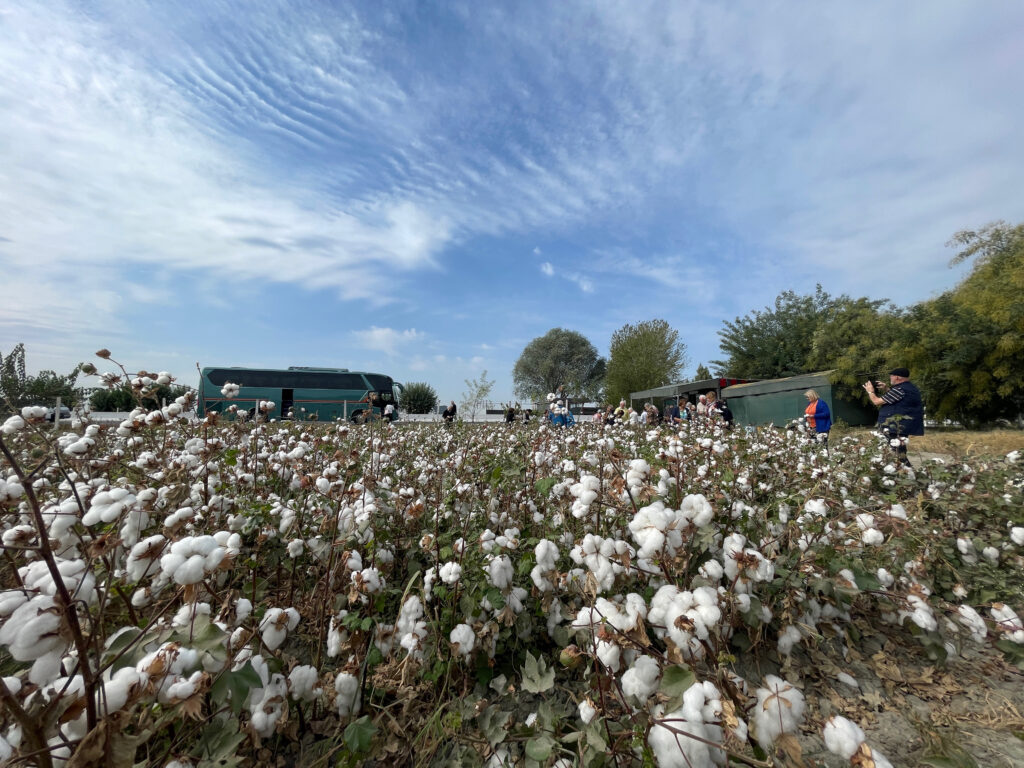
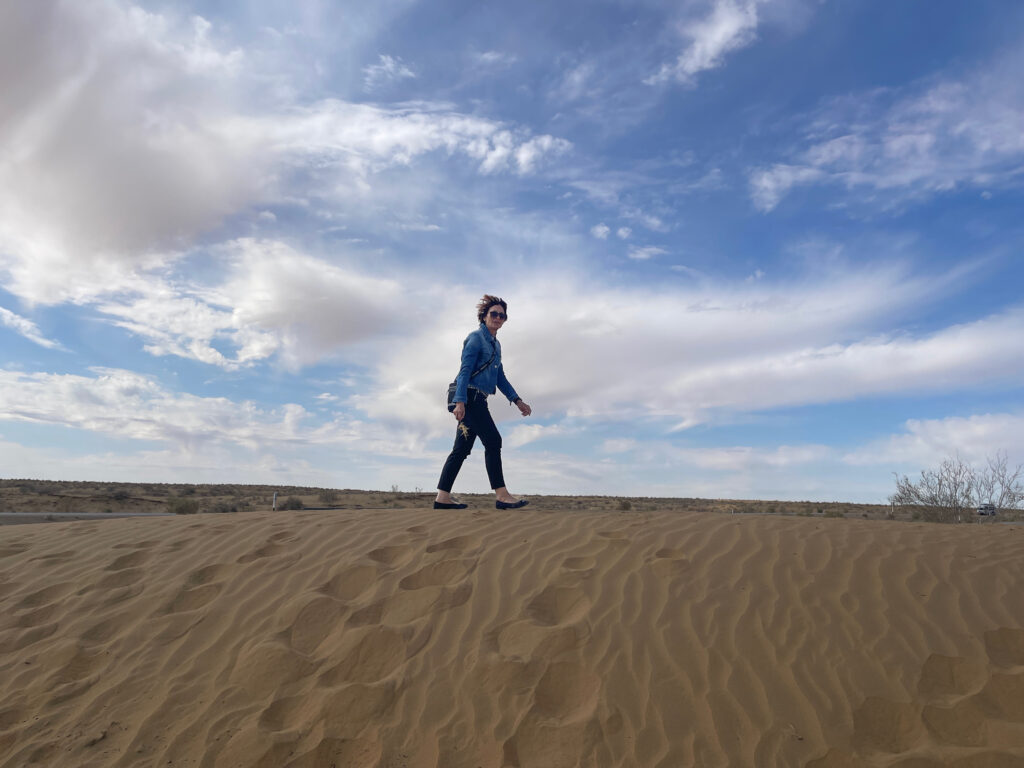
And one last impression from a nine-day trip, organized by the tour operator “Lebenslust”, with the local tour guide Bocha: Visiting the country’s characteristic mosques, including the Koran schools along the Silk Road, is quite challenging for Europeans, especially for non-religious people. Less would be better here, because somehow they all look the same – with all due respect for Islam and its architectural culture, customs and traditions! A stop on land could be planned more often for the long bus journeys. Visiting a farmer’s family would not only help them to tread water, but would also give them a better understanding of the life of the Uzbeks.
Although gastronomy and hotel services are on the right track and the food is tasty, the toilets are of a very different standard. The tour guide Bocha’s references to the deep or high ceramics in the house are humorously accepted as a peculiarity of the country. For Europeans who are spoiled in this respect, using the toilet can sometimes be a challenge.
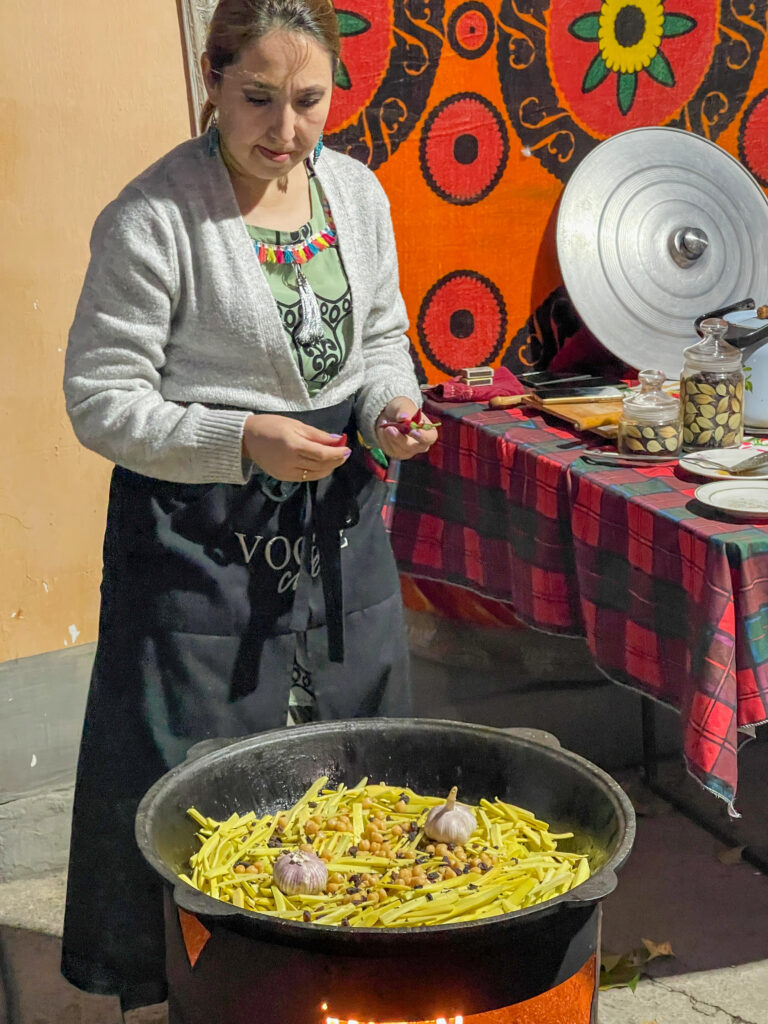
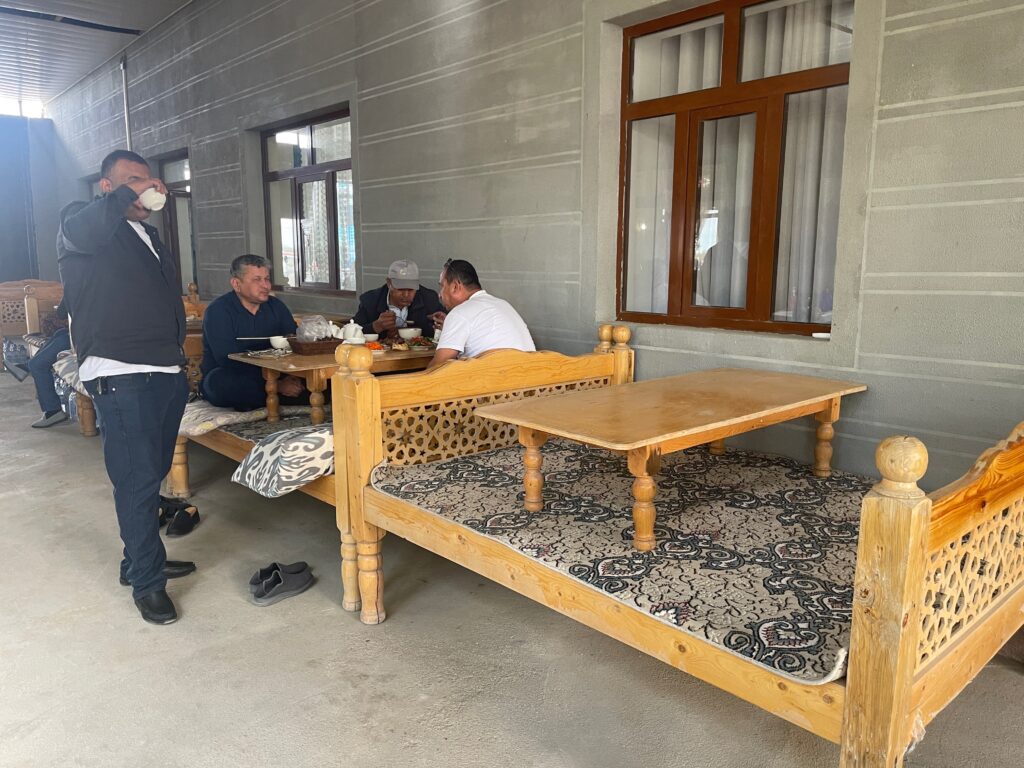
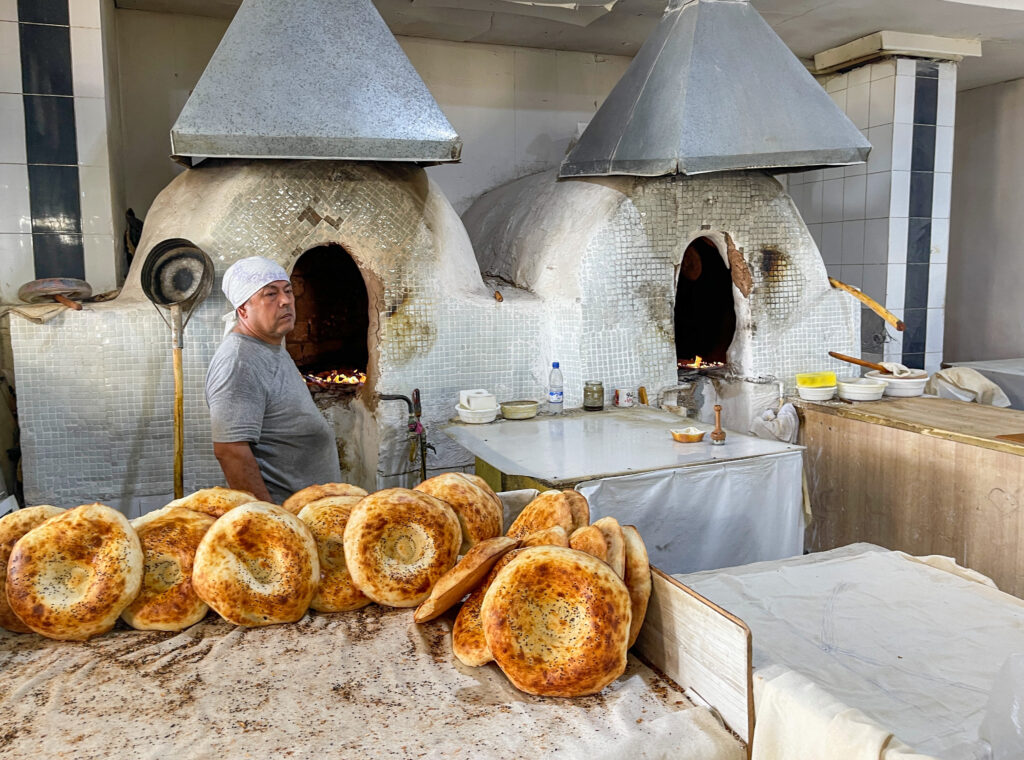
Conclusion: A country very worth visiting, with very liberal Islam, very clean, no graffiti, no littering, friendly people and a lot of cultural history along the Silk Road, just as promised by the organizer! And with extremely reasonable prices!
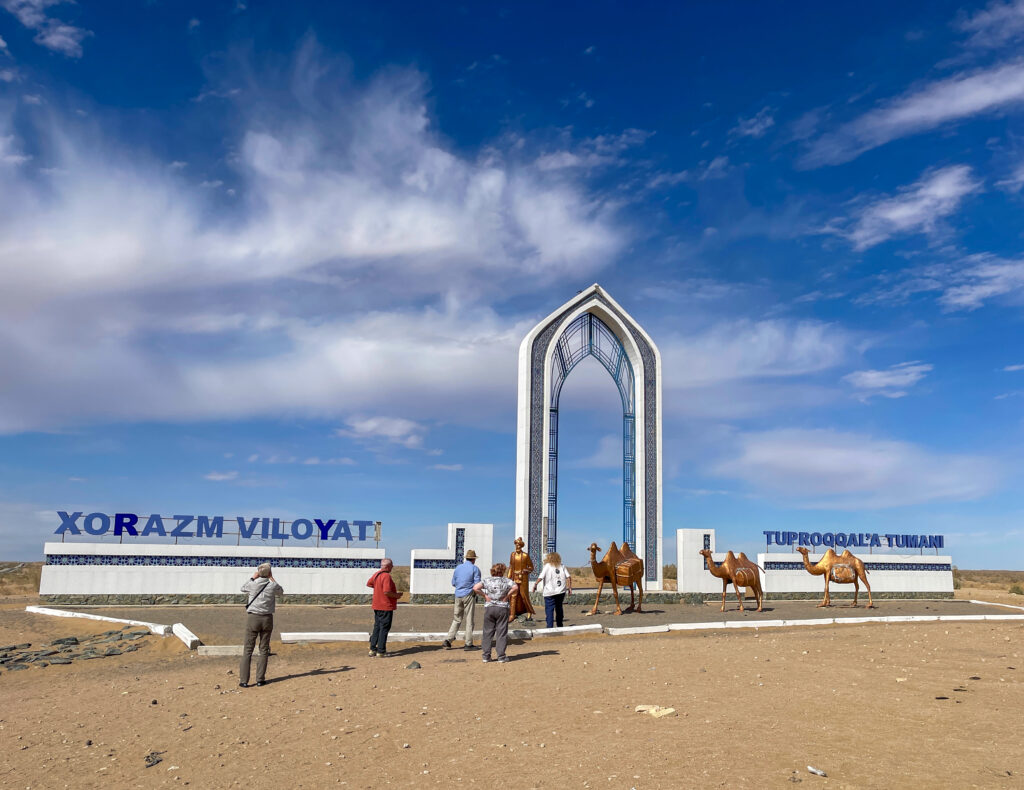
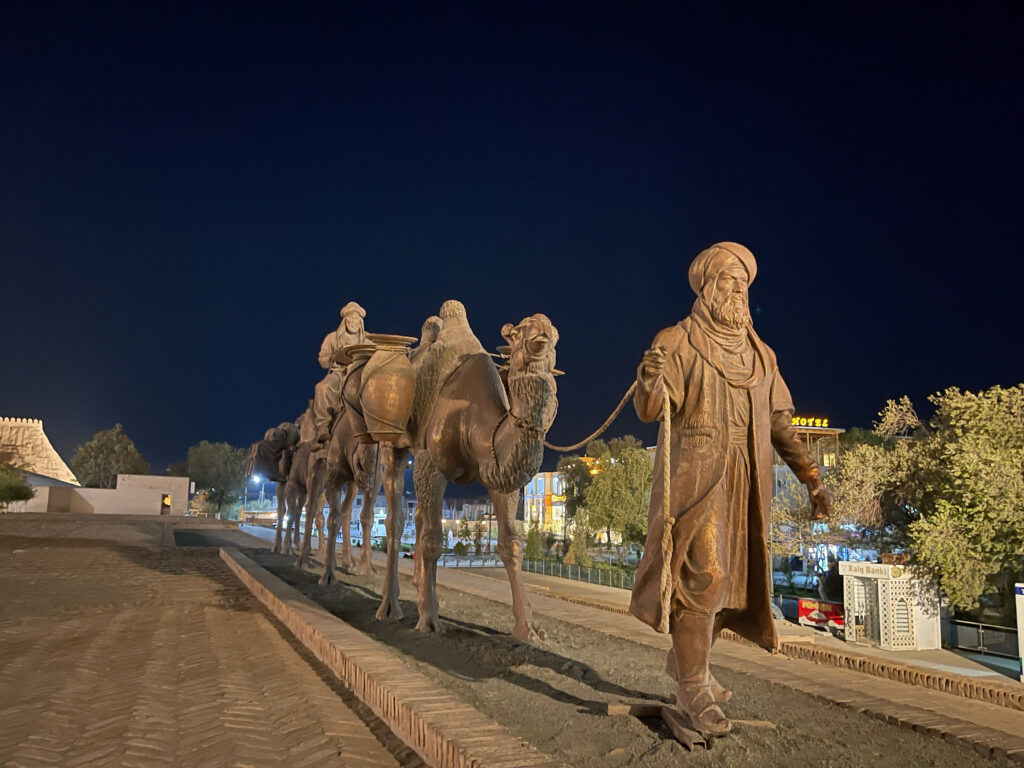
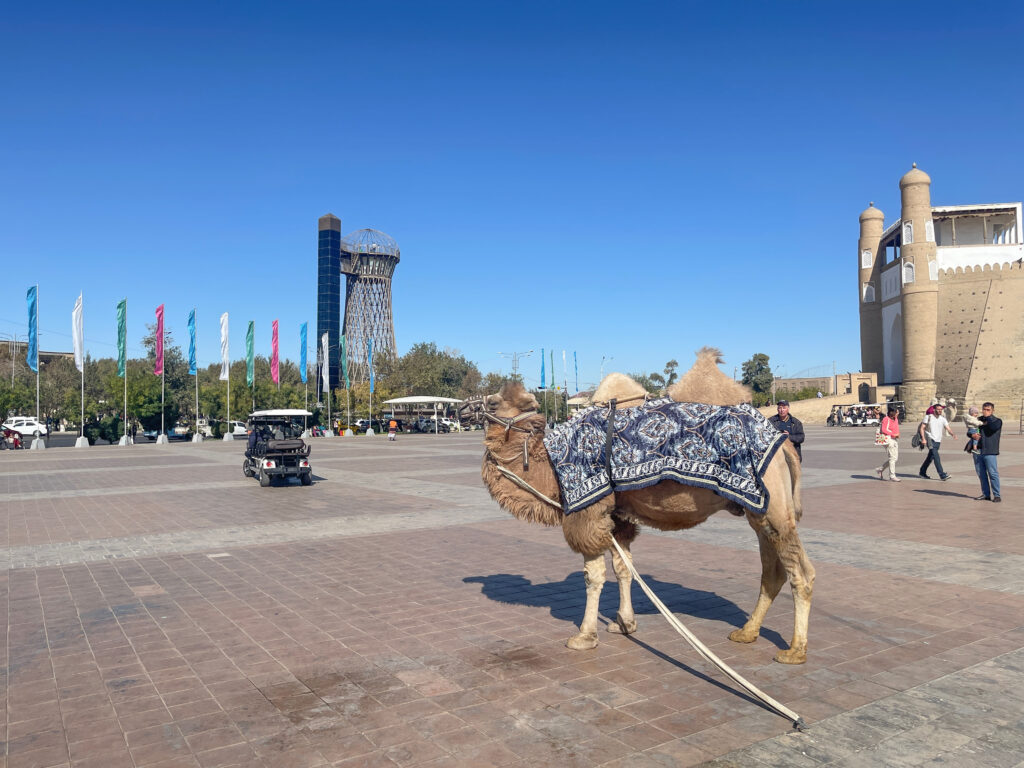
More photos in the album
Lebenslust-Reisen on facebook: https://www.facebook.com/lebenslust.touristik
Peter Becker, 11.10.25
